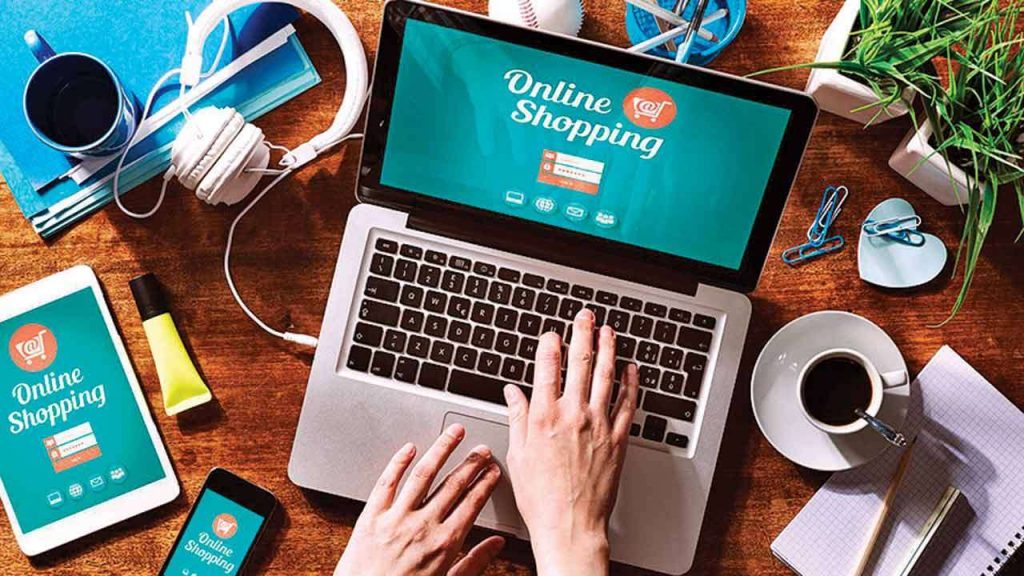The Coronavirus has, among other things, transferred shopping to take place online. However, retailers and consumers are not the only ones increasing their activities online. This is also a buffet table for cybercriminals. False web pages that capture credit card information, fraud, and phishing, fake shopping sites, etc. exploit people’s fears and goodwill, to steal their personal information. So, besides checking the balance on your credit card and writing shopping lists, you also need to take certain security precautions before going into e-shopping mode. In this article, we will discuss 10 tips to keep in mind while online shopping during COVID-19.
Tips to keep in mind while online shopping
Pay attention to the network
If you are not at home, pay attention to which wifi you are connecting to. Do you have the tendency of connecting to free wifi? If it is called “Free Wifi” or something similar, then you should consider whether to do shopping on that network. It may be a criminal who set up the wifi network to listen to your traffic and capture your personal information. And never use public computers for online shopping.
Select apps with care
Carefully review what permissions an app requires. Is it really necessary for an app that presents a visualization of the global distribution of the new Coronavirus, to have access to your pictures, GPS position, camera and contacts? Some apps even want permission to record every keystroke on your phone. That includes any credentials or credit card data typed.
Surf safely
Make sure your devices are up to date and protected with commercial security products. For example, a security product may contain virus protection, firewall with intrusion protection, web filter, and phishing protection. A trustworthy VPN service is also a good option if you have to use public networks.
Be careful of unknown online stores
If you shop in an online store, that’s new to you, there are things to keep in mind. In times of crisis, also many fraudulent online shops have appeared those market facemasks, hand sanitizers and other medical supplies. Even if the website appears trustworthy, you should check if the company exists or delivers the goods you have intended to buy.
Do not click on banners in emails or on the web if you are not completely sure that the sender is legitimate. When looking for what you want to buy, check out the ratings and reviews of the online store on a couple of different external sites.
Other things like poor language or exceptionally attractive offers are also signals that you should listen to.
Secure payment
The webshop should use secure payments together with Visa, MasterCard, PayPal, Swish and/or direct payment from the online bank. And don’t forget to check your bank account statement to look for deviant transactions.
Protect your data
Don’t give out more information than you need to. If you’re asked for very personal information, call customer service to see if you can use other identifying information. If not, remember you can always walk away.
You should also choose strong passwords that have a complex set of lowercase and uppercase numbers, letters and symbols. Don’t use personal information as your password and avoid using the same password on multiple accounts. If available, you can use the guest checkout option instead of creating an account.
Avoid suspicious forms of payment, like sending money to a random PayPal account, or mailing cash or a check. If you’re worried about a transaction, you may wish to use a credit card, which usually has the best liability protection. Still, check your statements regularly and make sure you don’t see any fraudulent charges.
Update your software
Keep your software up to date. If you do this, you can prevent cybercriminals from exploiting a weakness. Also, update your browser and do not install suspicious software or plug-in.
Treat deals in your email with suspicion
Advertisement emails are often malicious and pretending to be legitimate businesses. For example, during this pandemic, you might see emails with deals for buying masks or sanitization. However, you should be careful with any email or social media post with a COVID-19 related subject line, attachment or link. Generally, it is better to copy the website URL, inspect it then paste it into a browser instead of clicking on links in your inbox.
Beware of deals that seem too good to be true
The most powerful defence against online shopping scams is your awareness and agility. Also, beware of subscriptions to ads, which can be dangerous because they can spam your mailbox with malicious emails.
Be ready to act if your order doesn’t arrive
Save the receipt and order confirmation information. If your order doesn’t arrive, hopefully, you checked the site for contact information so you can call the merchant. If you can’t reach anyone, and you suspect foul play, report the company by contacting your government regulatory authority.
Have a safe experience while shopping online.
